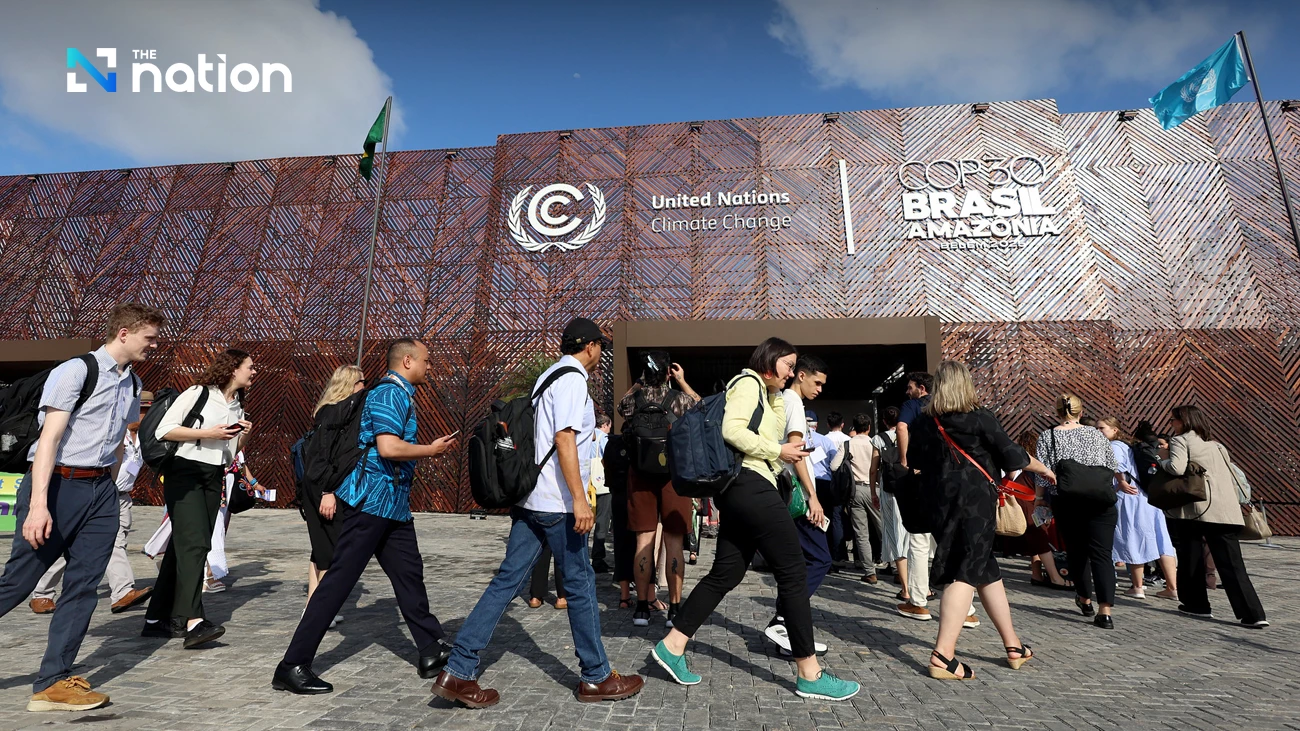Mukhtar Babayev, COP29 President, and André Corrêa do Lago, COP30 President, jointly unveiled the “Baku to Belém Roadmap”, a blueprint to mobilise at least US$1.3 trillion in climate finance annually by 2035 to support developing nations. The Roadmap outlines five core approaches, known as the 5Rs:
Replenishing: Increasing grants, low-interest loans, and low-cost funding.
Rebalancing: Adjusting fiscal budgets and debt sustainability.
Rechanneling: Promoting new forms of private sector investment and lowering financial costs.
Revamping: Strengthening capacity and cooperation to expand the climate project portfolio.
Reshaping: Restructuring the financial system to facilitate the equitable flow of capital.
The COP30 President stated that the plan reflects a global drive to reform the international financial system, especially following the Covid-19 crisis, which highlighted the need for a more equitable and sustainable financial structure.
“This is the start of the climate finance era. For the Paris Agreement to accelerate, it must be integrated into the real economic and financial structures. The 5Rs plan is a bridge connecting scientific urgency to a tangible global action plan.”
Belém 4X: Accelerating Sustainable Fuels
Brazilian President Luiz Inácio Lula da Silva affirmed that Brazil is not afraid to discuss energy transition, noting that 90% of the country’s electricity comes from clean sources, and Brazil is the world’s second-largest leader in biofuel.
Brazilian gasoline is mixed with 30% ethanol, and diesel with 15% biodiesel.
At COP30, the “Belém 4X” initiative was launched, a collaboration among 19 nations dedicated to quadrupling the use of sustainable fuels by 2035 to accelerate the energy transition and tackle the climate crisis.
“The challenge is that over two billion people globally lack access to safe cooking fuels. I call on COP30 to resolve the debt problem and unfair conditions faced by developing nations, ensuring that the energy transition is just, inclusive, and allows all countries access to technology and finance.”
Five Paths to Energy Transition
António Guterres, United Nations Secretary-General, emphasised that renewable energy is the lowest-cost source of electricity in almost every country, and every US$1 invested in clean energy creates three times more jobs than fossil fuels.
He called for an urgent, just, rapid, and widespread energy revolution through five essential pathways:
Policy Alignment: Adjusting policies, laws, and incentives to support the transition.
Just Transition: Prioritising fairness for workers and communities dependent on coal, oil, and gas.
Investment: Investing in power grids and energy storage technologies.
Clean Demand: Meeting all new electricity demands, including the AI sector, with clean energy.
Financial Unlock: Unlocking finance to support developing countries, particularly in Africa, which currently receives only 2% of global clean energy investment.
The Secretary-General warned that despite existing commitments, global efforts are insufficient, and the world is still heading toward warming beyond 2°C, leading to increased flooding, heat, and suffering.
He stressed the need to cut carbon emissions by nearly half by 2030 and achieve carbon neutrality by 2050.
